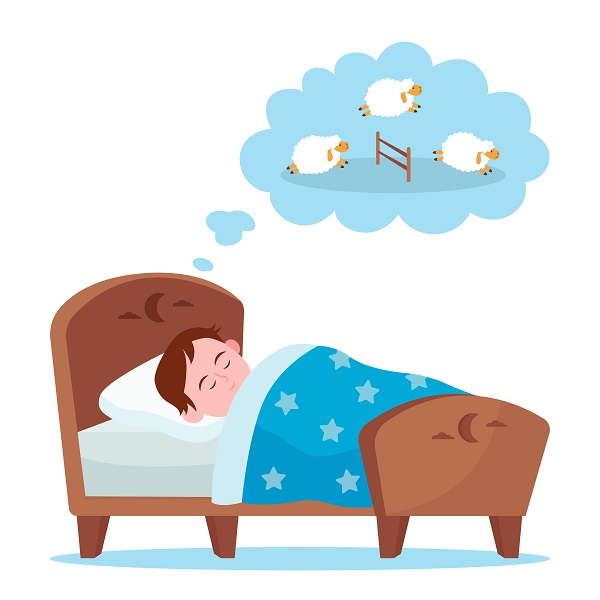
Disorder in Children: Causes, Characteristics, and Treatment
Conduct Disorder (CD) is a serious behavioral and emotional disorder that primarily affects children and adolescents. It is characterized by a persistent pattern of behavior that violates the rights of others or societal norms and rules. Children with conduct disorder often display aggressive, destructive, and antisocial behaviors that can significantly disrupt their relationships, academic performance, and overall functioning.
Key features of Conduct Disorder include:
Aggressive Behavior: Children with conduct disorder may engage in physical aggression toward people or animals, including bullying, fighting, and cruelty.
Destructive Behavior: This may involve intentionally causing damage to property, such as vandalism or arson.
Deceitful Behavior: Lying, stealing, and other forms of deceit are common among individuals with conduct disorder.
Violation of Rules: Repeatedly violating rules and engaging in behaviors that are inappropriate for the person’s age, such as truancy, running away, or substance abuse.
Lack of Empathy and Remorse: Children with conduct disorder often struggle to show empathy or guilt for their actions, even when they have harmed others.
Conduct Disorder is typically diagnosed in childhood or adolescence, and its severity can range from mild to severe. If left untreated, it can lead to more serious issues in adulthood, such as antisocial personality disorder or criminal behavior. It’s important to note that not all children who exhibit challenging behavior have conduct disorder; a thorough assessment by a mental health professional is necessary for an accurate diagnosis.
Treatment for Conduct Disorder often involves a combination of approaches:
Therapy: Individual, family, or group therapy can help address underlying issues, improve social skills, and teach appropriate coping strategies.
Behavioral Interventions: Behavioral therapy focuses on teaching children alternative ways to express themselves and manage their emotions, as well as reinforcing positive behaviors.
Parent Training: Parents are often involved in treatment to learn effective behavior management techniques and strategies for creating a structured and supportive home environment.
Medication: In some cases, a doctor may prescribe medication to manage specific symptoms or co-occurring conditions (e.g., ADHD, mood disorders), but medication alone is not a primary treatment for conduct disorder.
Early intervention and consistent, structured support are crucial for improving the long-term outcomes of children with conduct disorder. If you suspect that a child or adolescent is struggling with conduct disorder, seeking guidance from a qualified mental health professional is essential to determine an accurate diagnosis and develop an appropriate treatment plan.




